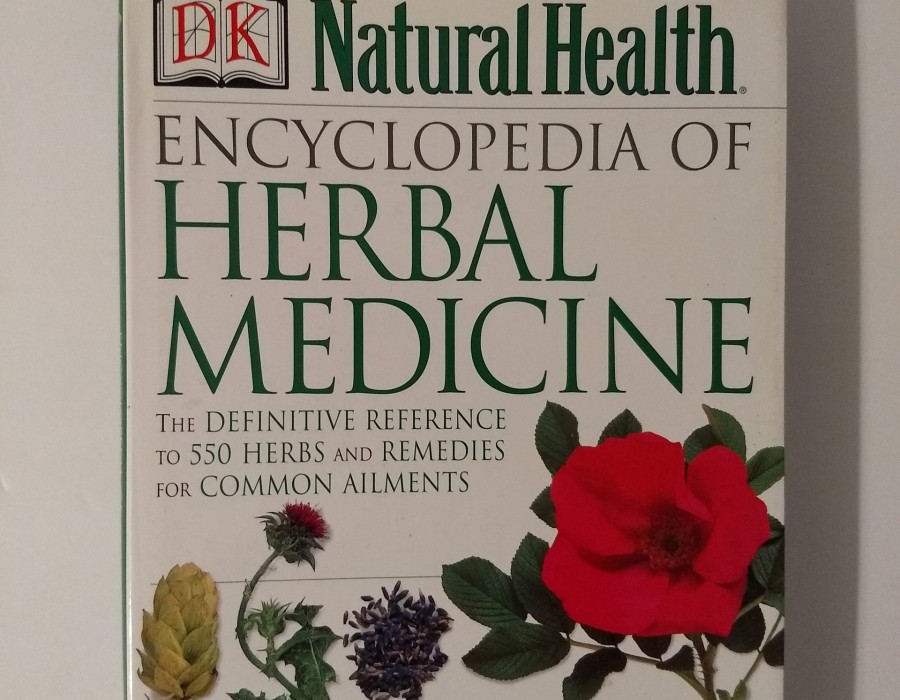Herbal Remedies, a cornerstone of traditional healing practices worldwide, involves the use of plants and plant extracts to treat various ailments. Its roots run deep, tracing back thousands of years to ancient civilizations where herbs were revered not just for their medicinal properties but also for their spiritual significance. Today, herbal medicine continues to be a vital part of health and wellness, providing natural alternatives and complements to conventional treatments.
The Importance of Herbal Remedies
Benefits of Herbal Remedies
Why turn to Herbal Remedies? The benefits are manifold. Herbs offer a natural way to enhance health, often with fewer side effects compared to synthetic drugs. They can be used to treat a wide range of conditions, from minor ailments like colds and headaches to chronic diseases such as arthritis and cardiovascular issues. Additionally, herbal remedies are typically more affordable and accessible than conventional medications, especially in regions where healthcare resources are limited.
Comparison with Conventional Medicine
While conventional medicine focuses on treating symptoms with pharmaceuticals and surgeries, Herbal Remedies emphasizes a holistic approach. This means addressing the root causes of illness and supporting overall wellness. Moreover, many conventional medicines are derived from plants, underscoring the significance of herbal compounds in modern pharmacology. However, it’s crucial to recognize that herbal medicine should be used responsibly, ideally under the guidance of a healthcare professional.
Common Herbs and Their Uses
Herbs are the heart of Herbal Remedies. Here are some of the most commonly used herbs and their health benefits:
Aloe Vera
Known for its soothing properties, Aloe Vera is often used topically for burns, cuts, and skin irritations. Its gel can also be ingested to promote digestive health.
Chamomile
Chamomile is famed for its calming effects, making it a popular remedy for anxiety and insomnia. It also has anti-inflammatory properties that can aid in treating digestive issues and skin conditions.
Echinacea
Often used to boost the immune system, Echinacea is a go-to herb during the cold and flu season. It can help reduce the severity and duration of infections.
Garlic
Garlic is renowned for its cardiovascular benefits. It helps lower cholesterol levels, reduces blood pressure, and has potent antimicrobial properties.
Ginger
Ginger is widely used to alleviate nausea, especially during pregnancy or chemotherapy. It also has anti-inflammatory effects that can benefit conditions like osteoarthritis.
Ginseng
Ginseng is a powerful adaptogen, helping the body cope with stress and improve overall energy levels. It is also known for enhancing cognitive function and physical endurance.
Lavender
Lavender is prized for its relaxing scent and is commonly used in aromatherapy to reduce stress and improve sleep. It also has antiseptic and anti-inflammatory properties.
Peppermint
Peppermint is effective in treating digestive issues such as irritable bowel syndrome (IBS) and indigestion. Its menthol component provides a cooling sensation that can relieve headaches and muscle pain.
Turmeric
Turmeric contains curcumin, a compound with strong anti-inflammatory and antioxidant properties. It’s used to manage conditions like arthritis, digestive disorders, and even certain cancers.
How to Prepare Herbal Remedies
Herbal remedies can be prepared in various forms, each suited for different purposes and conditions.
Infusions
Infusions are made by steeping herbs in hot water, similar to making tea. This method is ideal for extracting the beneficial compounds from delicate plant parts like leaves and flowers.
Decoctions
Decoctions involve simmering tougher plant materials such as roots, bark, and seeds in water for an extended period. This process extracts more potent medicinal properties.
Tinctures
Tinctures are concentrated herbal extracts made by soaking herbs in alcohol or vinegar. They are highly potent and have a long shelf life, making them a convenient option for long-term use.
Salves
Salves are topical preparations made by infusing herbs in oils and combining them with beeswax. They are used to treat skin conditions, wounds, and muscle aches.
Essential Oils
Essential oils are concentrated extracts obtained through distillation. They capture the essence of the herb and are used in aromatherapy, massage, and other therapeutic applications.
Safety and Precautions
While herbal medicine is generally safe, it’s important to use herbs responsibly.
Proper Dosage
Herbal remedies must be taken in the correct dosages to be effective and safe. Overdosing can lead to adverse effects, while underdosing may not provide the desired therapeutic benefits.
Potential Side Effects
Some herbs can cause side effects, especially if taken in large amounts or for prolonged periods. Common side effects include digestive upset, allergic reactions, and skin irritations.
Interactions with Other Medications
Herbs can interact with prescription medications, potentially altering their effectiveness or causing harmful reactions. Always consult with a healthcare professional before combining herbal remedies with conventional drugs.
The Science Behind Herbal Remedies
Active Compounds in Herbs
Herbs contain a variety of active compounds, such as alkaloids, flavonoids, and terpenoids, which contribute to their medicinal properties. These compounds work synergistically to promote health and combat illness.
Recent Research and Findings
Recent scientific studies have validated many traditional uses of herbs and discovered new therapeutic potentials. For instance, research on turmeric has highlighted its role in reducing inflammation and supporting cognitive health.
Herbal Remedies in Modern Healthcare
Integration with Conventional Treatments
Many healthcare providers now integrate Herbal Remedies with conventional treatments to enhance patient outcomes. This integrative approach can provide more comprehensive care, addressing both symptoms and underlying causes.
Popularity and Acceptance
Herbal Remedies is gaining popularity as people seek natural and holistic health solutions. Its acceptance is growing, with more medical professionals recognizing its value and incorporating it into their practice.
Growing and Harvesting Your Own Herbs
Best Herbs to Grow at Home
Starting an herb garden is a rewarding way to have fresh medicinal plants at your fingertips. Easy-to-grow herbs include basil, mint, rosemary, and thyme.
Tips for Harvesting and Storing
Harvest herbs at their peak potency, usually in the morning after the dew has dried. Store them in a cool, dry place, either by drying, freezing, or making infusions and tinctures.
Cultural Significance of Herbal Remedies
Herbal Remedies in Different Cultures
Herbal Remedies has been an integral part of various cultures. In Traditional Chinese Medicine (TCM), Ayurveda, and Native American healing practices, herbs play a crucial role in maintaining health and treating illness.
Traditional Healing Practices
Each culture has its unique approach to using herbs. For example, TCM utilizes complex herbal formulas tailored to individual needs, while Ayurveda focuses on balancing the body's doshas with specific herbs.
The Future of Herbal Remedies
Emerging Trends
The future of Herbal Remedies looks promising, with increasing interest in organic and sustainable practices. Trends like herbal skincare and plant-based diets are also gaining traction.
Technological Advancements
Advancements in technology are enhancing our understanding of herbs and their properties. Modern extraction methods and biotechnological innovations are making herbal remedies more effective and accessible.
Conclusion
Herbal Remedies, with its rich history and proven benefits, remains a vital part of healthcare. By integrating the wisdom of traditional practices with modern scientific research, we can unlock the full potential of herbs to promote health and wellness. Whether you’re a seasoned herbalist or just starting your journey, the world of Herbal Remedies offers endless opportunities for exploration and healing.
FAQs
What is the most effective herb for boosting the immune system?
Echinacea is highly effective for boosting the immune system, particularly in preventing and reducing the severity of colds and flu.
Can Herbal Remedies be used alongside prescription medications?
Yes, but it’s crucial to consult with a healthcare professional to avoid potential interactions and ensure safe use.
How do I know if an herbal remedy is safe?
Research the herb, use reputable sources, and consult with a healthcare provider to ensure its safety, especially if you have pre-existing conditions or are taking other medications.
Are there any herbs that should be avoided during pregnancy?
Yes, some herbs like pennyroyal, wormwood, and certain essential oils should be avoided during pregnancy due to potential risks. Always consult a healthcare provider before using any herbal remedies when pregnant.
What is the best way to start learning about Herbal Remedies?
Begin with reputable books and online resources, take courses offered by certified herbalists, and consider joining local Herbal Remedies groups or workshops.






Comments